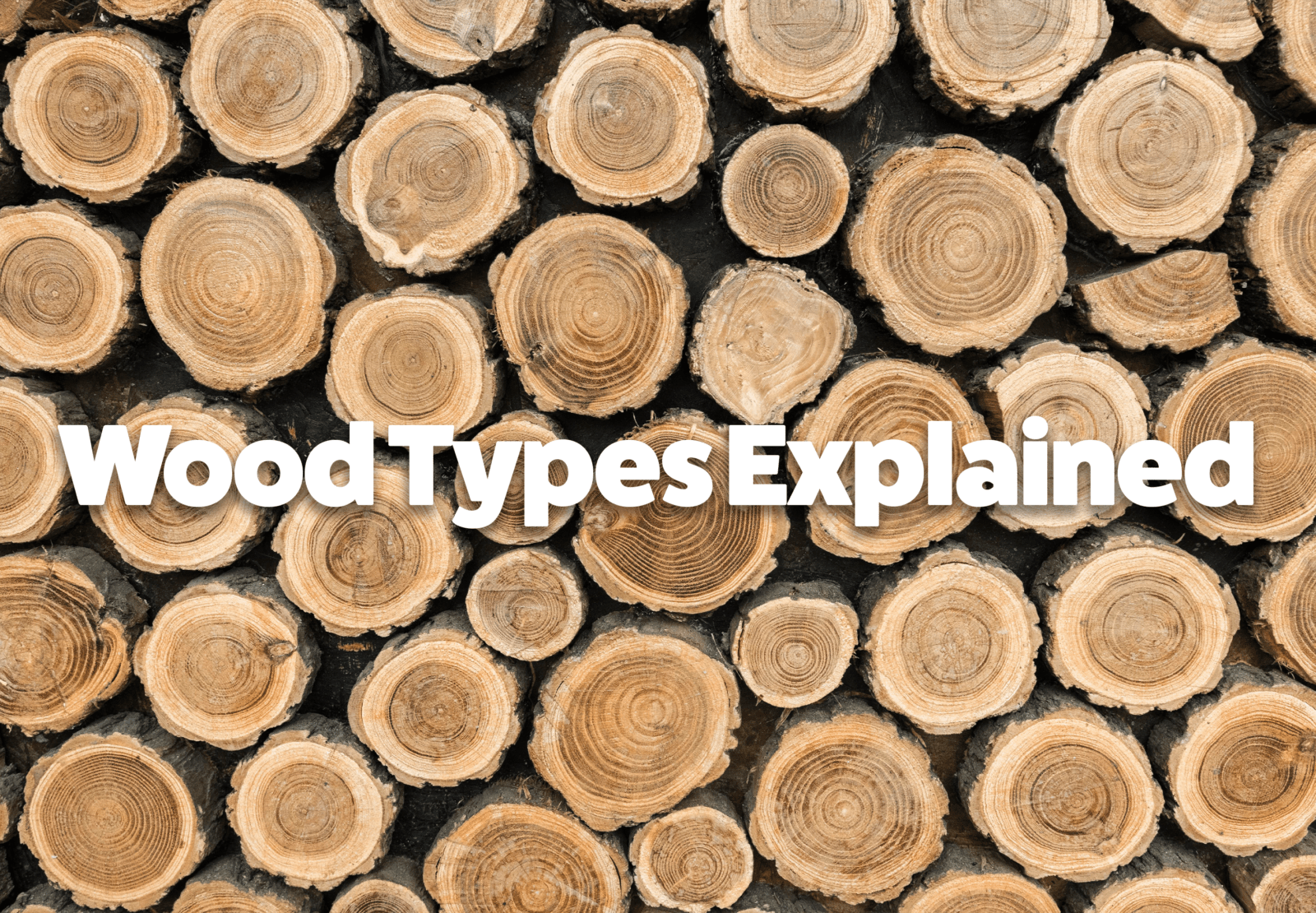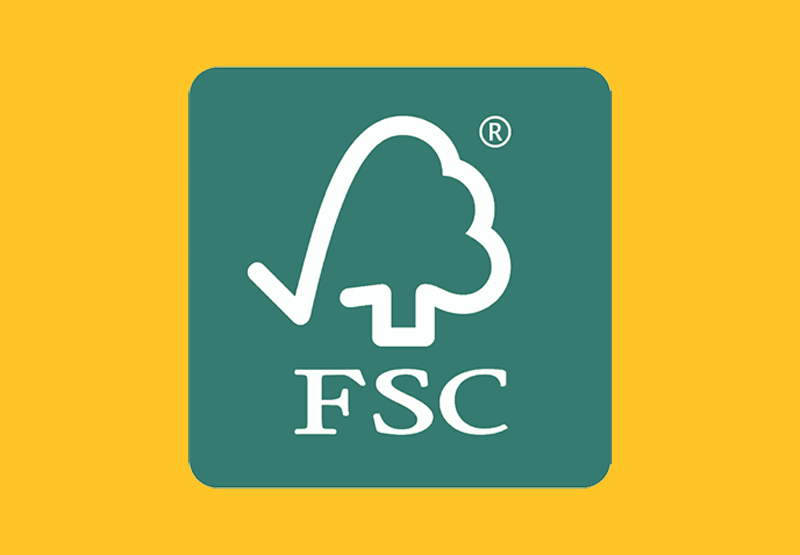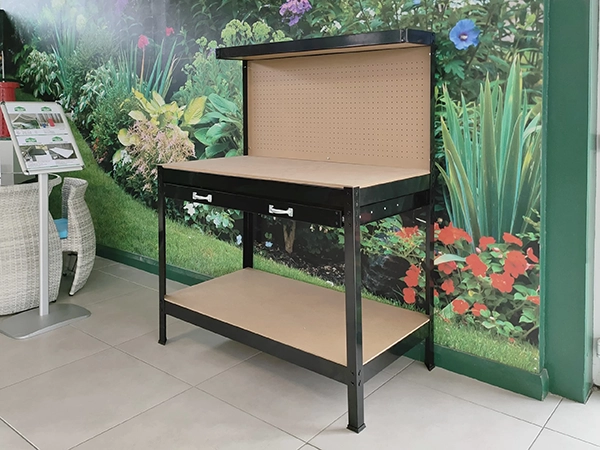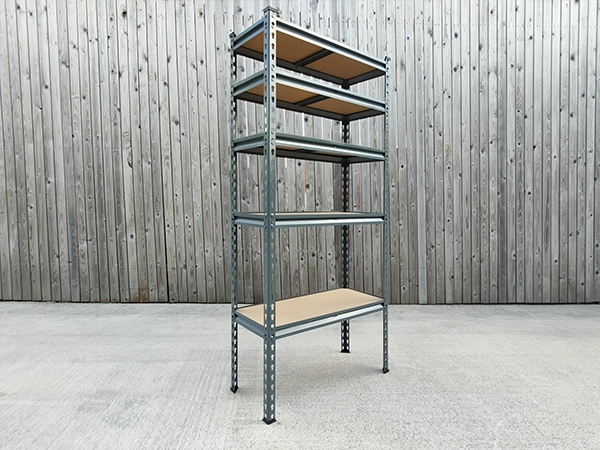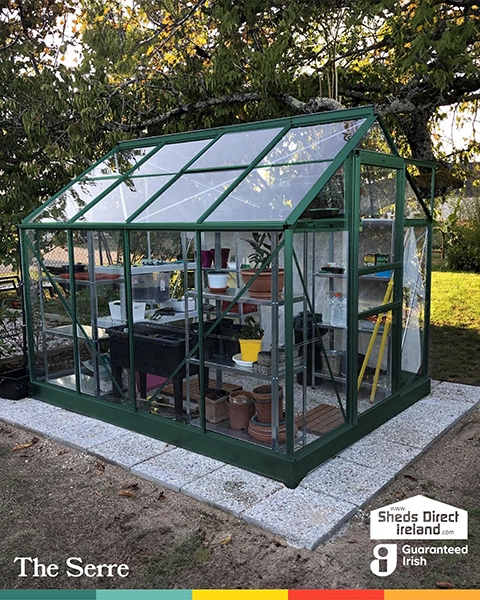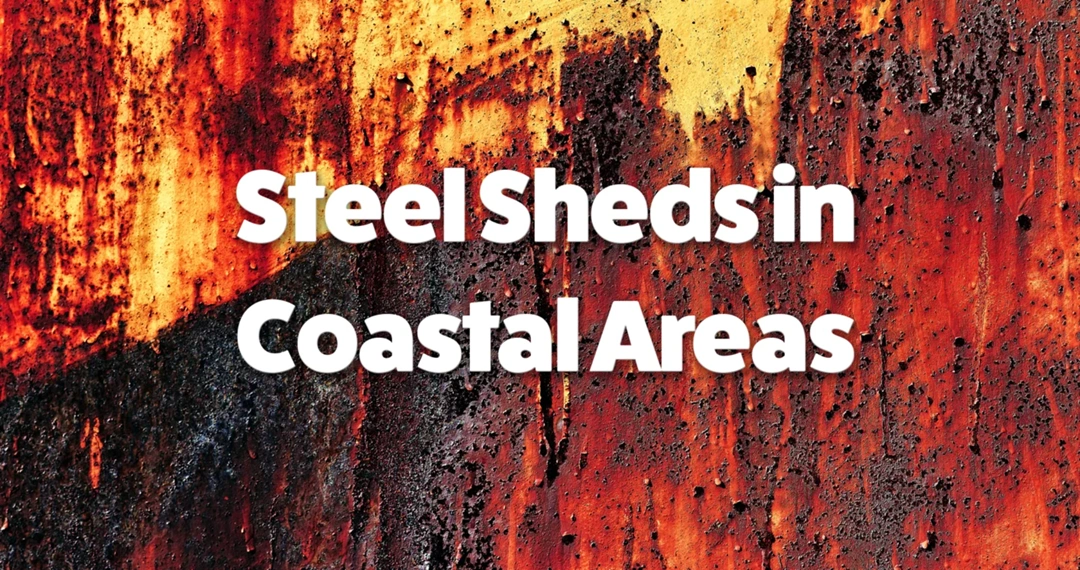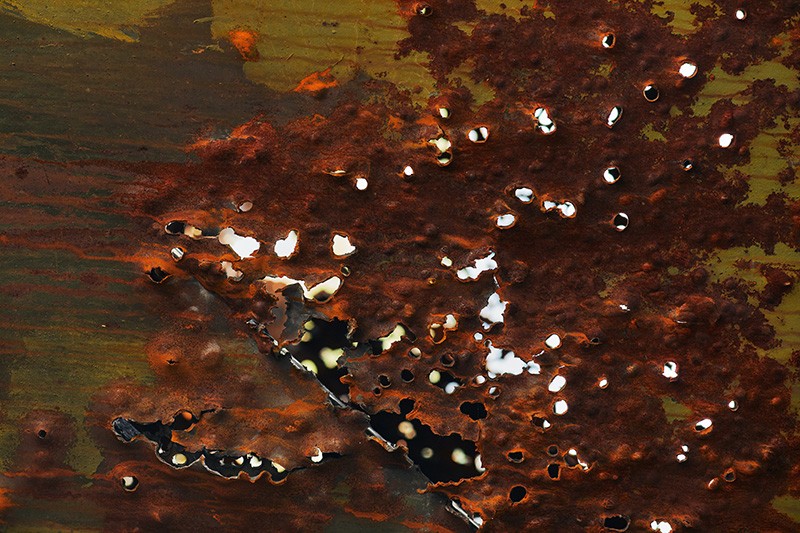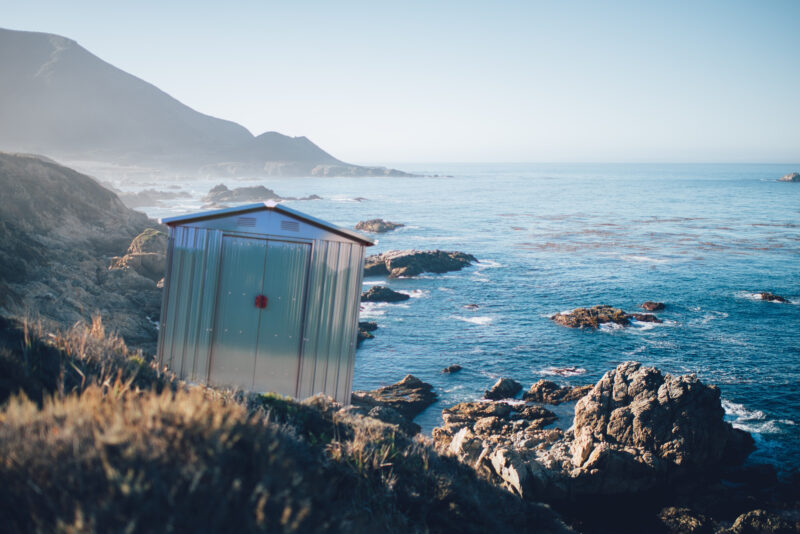Uncategorized
Steel Sheds in Coastal Areas
Steel Sheds in Coastal Areas
First and foremost it’s worth noting that in general conditions, Galvanised Steel can last almost indefinitely if’s kept dry and it doesn’t get scratched. However, in coastal area, or areas with high salt/water content, even galvanised steel will not hold up as it should to the elements. This is why we don’t recommend that you purchase a steel shed if you’re in a coastal area; or that if you do, you’re aware of the upkeep required to maintain the structure of the shed.
Why is this the case? Well, we’ll let’s find out.
Why you shouldn’t put a steel shed in a coastal location
In a nutshell, steel sheds in coastal areas are far more likely to suffer the effects of corrosion and may degrade or perforate considerably quicker than ones that are not. The shed will break down and the contents may be exposed to the elements. It’s unlikely that this will happen quickly (it’s not a sudden change!), but it’s a slow burn of a process that can leave you needing a new shed more quickly than you’d anticipated for.
It’s for this reason that we don’t offer our rust perforation warranty in coastal spaces.
Why does sea air rust quicker?
Sea air is chloride rich and these chlorides ions react with zinc to form a the compound zinc-chloride. Zinc-chloride is soluble in water, so after it binds and gets washed away, the steel underneath is exposed to the elements. The exposed metal underneath is then broken down by the moisture-rich sea air, leading to rust and corrosion, which at this stage can perforate shed walls.
Can this type fo rust be prevented?
According to the American Galvanizers Association, specialist paint or an epoxy coating would be a ‘good option for applying over galvanisation to protect it in coastal areas’. They go onto say that these protective coatings are also likely to be eventually consumed and that the shed would be liable to rusting once the protective epoxy/paint coating and galvanisation are breached.
So while you can take steps to prevent rust, it would be an ongoing process and some websites suggest that it would be an annual process.
What else contributes to galvanised steel rusting?
Other than sodium chloride in the air, there are a range of elements and instances that can lead to galvanised steel rusting. One is that Ireland is a very humid country (we’ve a monthly average humidity of 73%), however this alone isn’t enough to cause unnecessary rust. If however many of these other factors come into play (for extended durations), it may be an issue; however many are not very common in Ireland.
Other factors that rust and corrode galvanised steel include:
- Wet or soaked environments
- Increased temperature combined with humidity and industrial pollution
- Strong Alkalis (e.g. rotting vegetation, moss, lichen etc)
- Plasters and cements (particularly those that contain chlorides)
- Acid rainwater runoff from roofs with wood shingles
- Continued contact with copper or pure-iron products in the presence of electrolytes, e.g. rain, fog etc. (electrochemical corrosion)
- Contact between galvanized items and copper, pure iron, or steel causes galvanic corrosion. Galvanic (electrochemical) corrosion is an electrolytic corrosion reaction between the zinc coating and dissimilar metals when in the presence of an electrolyte such as rain, dew, fog or condensation.
- Acidic food and drinks (Don’t wash your shed with Coca Cola, for example)
- Sulphuric acids (produced by volcanoes, hot springs, natural gases, sewer gases)
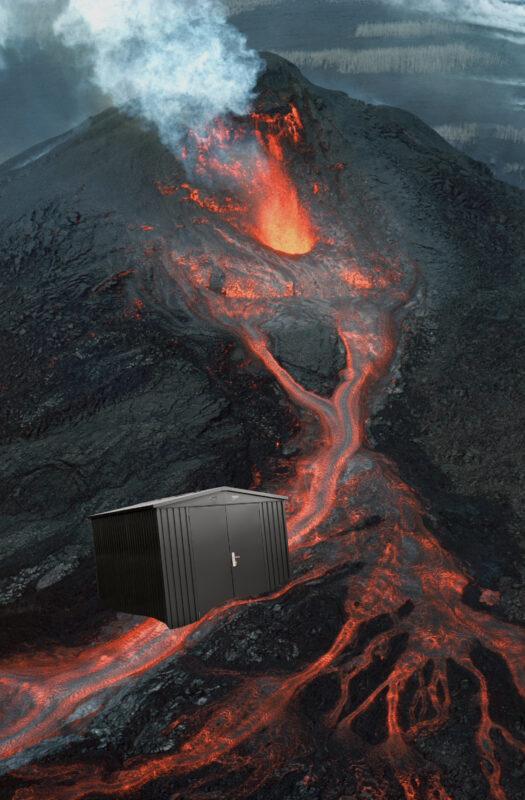
Not just the coast
With the above details in mind, there are other instances that may lead a shed to corrode quickly. Using a shed as a car-wash station, or as a room to store a washing machine and/or dryer for example may cause your shed to prematurely age. It’s worth remembering that steel sheds are designed to be used with general storage in mind. If you plan to use your shed for something else, it’s important to research whether this will lead to rust or condensation forming.
Get in touch
Do you have any questions about rust and steel sheds? You can talk with us on the livechat feature (bottom right!) during office hours or find other ways to get in touch with us here.



